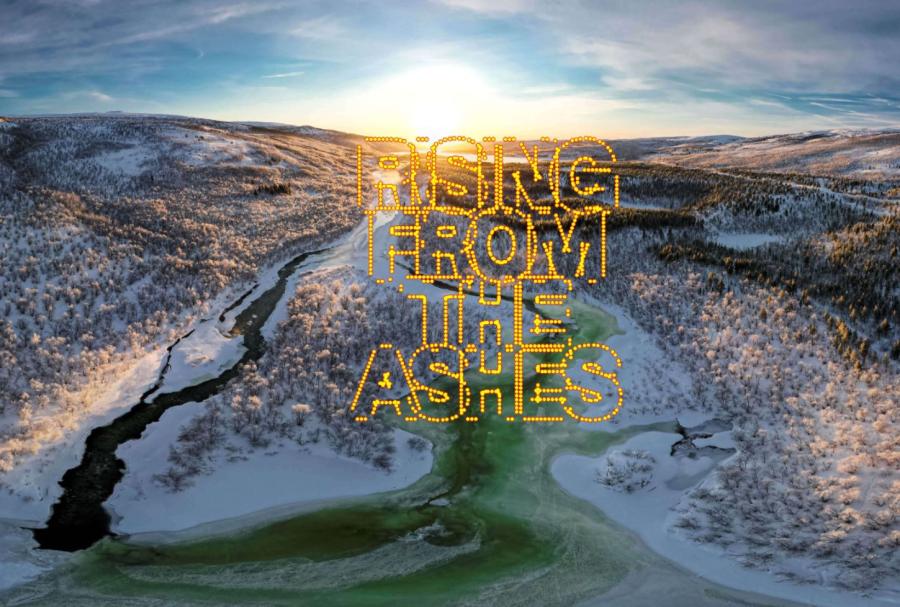After-Work-Drinks, Cocktails, Longdrinks, Highballs & Co. in a relaxed yet elegant atmosphere.
Rising from the Ashes
Rising from the Ashes
A Convening on Rematriations, Reparations, and Restitutions Rituals, Performances, Participatory formats, Conversations, Talks, Performative offerings
Rematriation—a framework conceptualized by Indigenous women of Turtle Island in contrast to the term ‘repatriation’ with its patriarchal connotations—describes the restoration of an equilibrium by returning cultural property to its rightful owners, or, in rematriational terms, returning the sacred to the mother. It entails a conscious shift away from distorted decolonial perspectives that still view Europe or European systems as the centres of reflection and action. Therefore, rematriation can also be a path to Indigenous sovereignty through the reclamation of identities and cultural ways of peoples. This reclamation entails restitution in many forms: the restitution of traditional languages; of Indigenous educational philosophies and ways of life that underscore the interconnectedness of humans and all living species; of various forms of spirituality that recognize nature as a central element to human existence; or of Indigenous technologies and matriarchal values that may have been suppressed or eroded. The significance of rematriation—that is, the act of restoration and protection of living ecosystems—lies in its potential to guide processes of restitution and reparation that foster a profound connection to ancestral lands. The restitution of material heritage is therefore fundamental for the continued accessing, processing, and further developing of ancestral knowledge, while strengthening ties to ancestors and the technologies they used to steward and care for their lands.
Rising From the Ashes—A Convening on Rematriations, Reparations, and Restitutions recognizes the importance of rematriation as well as the resilience of Indigenous communities that, throughout history, have faced attempts of cultural distortion through various colonial conquests and forms of epistemicides. In an effort to counter such attempts, the two-day congress at HKW fosters reflections and dialogues that consider the body and its creative manifestations as sites of discourse and vehicles of knowledge. The format of the convening seeks to reunite the sensorial, the relational, and the discursive, while centering the act of rematriation as a methodology for moving from objecthood to subjecthood in regard to the restitution of looted cultural heritage. Beyond its discursive components that include performative, sonic, participative, culinary, and communing offerings, various artistic interventions engage with elements of nature such as the sky, stars, cosmos, waters, earth, fire, air, plants, animals, and more, as part of an effort to unearth ancestral knowledges and technologies of living.
HKW welcomes the contributions and presence of historians, philosophers, artists, pedagogues, scientists, cultural workers, and community organizers such as Léuli Eshrāghi, Soñ Gweha, Satch Hoyt, Jessie Kleemann, Khanyisile Litchfield-Tshabalala, Ruben Manuel (Intikuren), Marilú Mapengo Námoda, Victor Mendivil (Intikuren), Colleen Ndemeh Fitzgerald, Prince Kum’a Ndumbe III, Sylvie Njobati, Eeva-Kristiina Nylander, Alima Pélagie, Aura Mari Pieski, Rosanna Raymond, Diana Rico, Michelle Schenandoah, and Nathalie Vairac.













